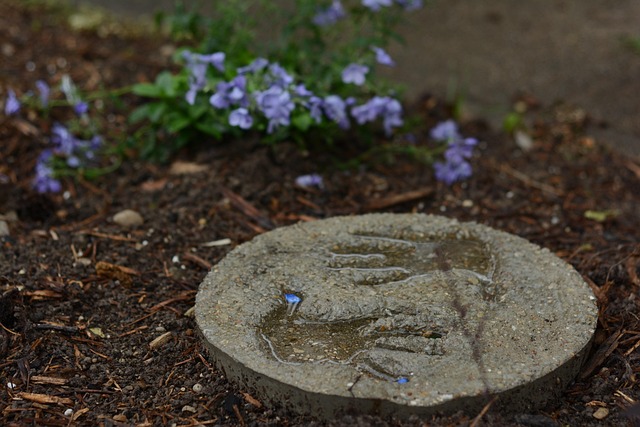Recognizing child abuse patterns in Dallas youth is key. Indicators vary by age, from injuries to self-destructive behaviors. Early intervention is crucial for safer environments and support. Texas laws protect abused children, with mandatory reporting and strict penalties. Child abuse attorneys in Dallas TX enforce these safeguards and guide survivors. Community education and programs empower residents to recognize, report, and prevent abuse, breaking cycles of violence.
In Dallas, Texas, addressing child abuse is paramount, especially within youth political science programs. This article explores crucial defense strategies to safeguard vulnerable children. We delve into recognizing subtle abuse patterns prevalent among Dallas youths and examine legal protections in place. Furthermore, it highlights community empowerment initiatives aimed at prevention and intervention. By leveraging the expertise of child abuse attorneys in Dallas TX, we offer insights into building a robust safety net for young participants in political programs, fostering their growth and development.
Recognizing Child Abuse Patterns in Dallas Youth

Recognizing child abuse patterns among Dallas youth is a critical first step in developing effective defense strategies. Child abuse attorneys in Dallas, TX often encounter cases involving physical, emotional, and sexual maltreatment, as well as neglect. Signs of abuse can include unusual behaviors such as aggression, withdrawal, or sudden changes in academic performance. It’s crucial for educators and community members to stay vigilant and report any suspected abuse to the appropriate authorities.
The specific indicators of child abuse can vary based on age and circumstances, making it essential to have a comprehensive understanding. For instance, younger children might display frequent injuries or reluctance to participate in activities they once enjoyed. Adolescents may exhibit self-destructive behaviors, run away from home, or engage in risky sexual practices. Early intervention is key; by recognizing these patterns, Dallas youth political science programs can foster safer environments and connect abused children with the necessary support and legal assistance from child abuse attorneys in Dallas, TX.
Legal Protections for Vulnerable Children

In Texas, vulnerable children who have been victims of child abuse or neglect are protected by a range of legal safeguards. Child abuse attorneys in Dallas TX play a crucial role in ensuring these protections are enforced. The state has strict laws in place to hold perpetrators accountable and provide resources for survivors. These include mandatory reporting requirements for suspected cases of abuse, which encourage members of the public, including teachers and healthcare providers, to come forward.
Furthermore, Texas offers various support services tailored to help young victims heal and rebuild their lives. This includes specialized courts that handle child abuse cases, ensuring a more sensitive and efficient legal process. There are also dedicated organizations in Dallas TX that provide counseling, shelter, and advocacy for abused children, complementing the work of child abuse attorneys in navigating complex legal systems and securing justice for these vulnerable individuals.
Empowering Communities to Prevent and Intervene

Empowering communities is a powerful strategy in the fight against child abuse, and it’s an approach that Dallas youth political science programs can actively contribute to. By educating and engaging residents, these programs can create a culture of prevention and intervention. This involves equipping community members with the knowledge to recognize signs of abuse, understand legal protections, and take proactive steps to ensure children’s safety.
Local initiatives can include training sessions led by child abuse attorneys in Dallas TX, workshops on reporting suspicions, and neighborhood watch-like programs. These efforts foster a sense of collective responsibility, where everyone is vigilant and prepared to step in when necessary. Empowered communities are better equipped to identify at-risk situations, provide immediate support, and connect families with the legal resources needed to break cycles of abuse, ensuring children’s well-being and future resilience.






